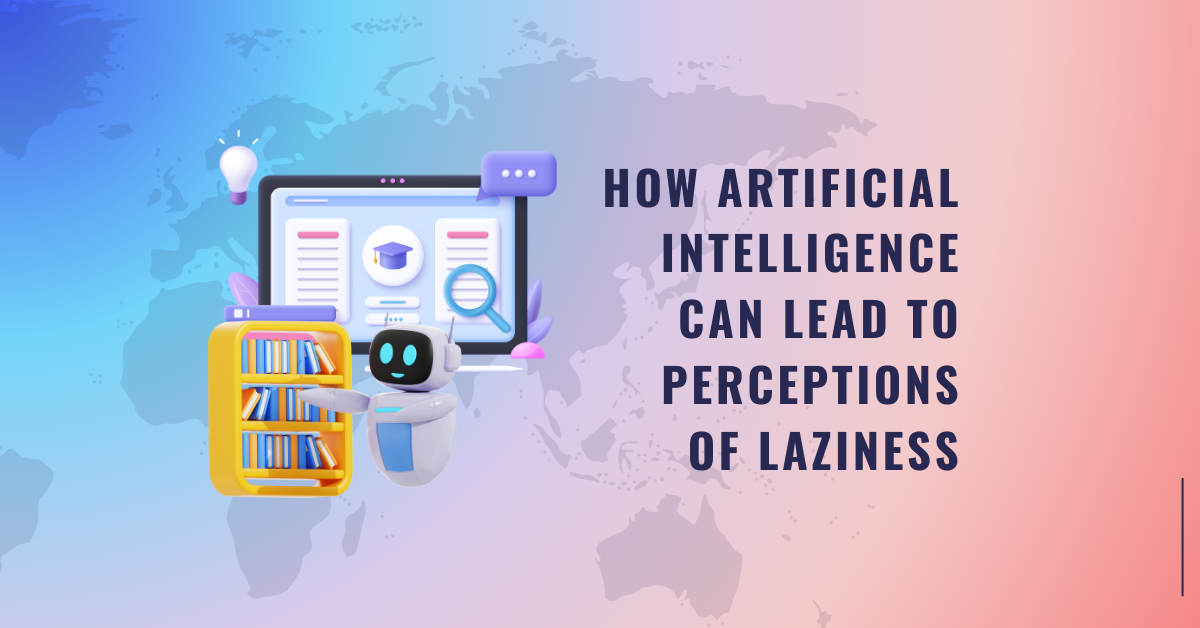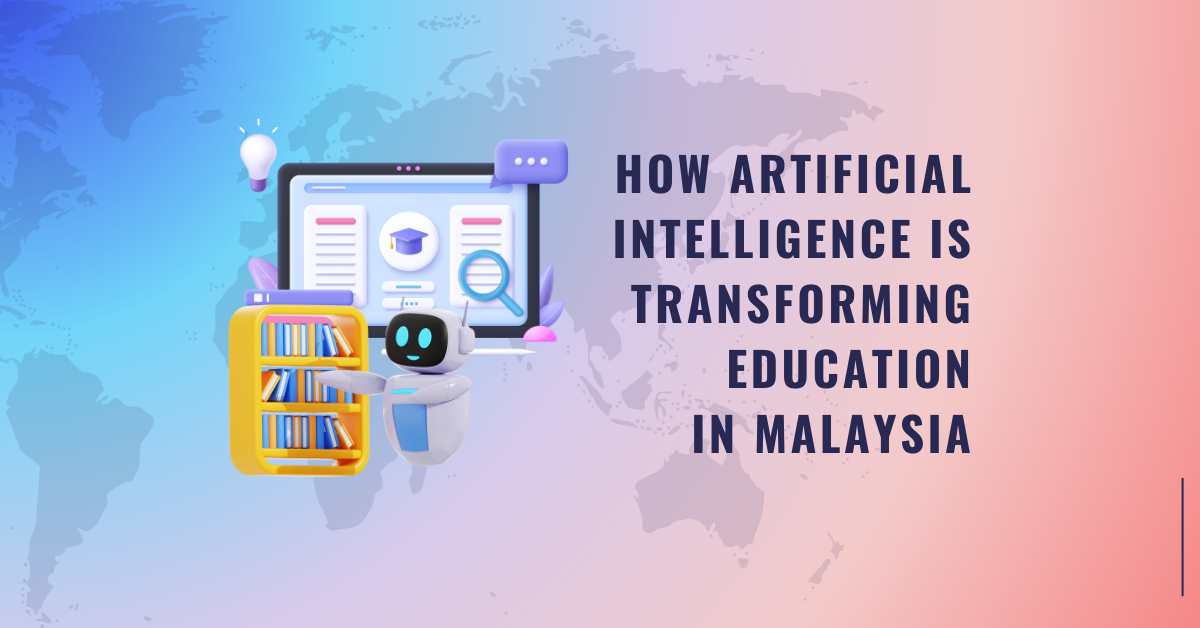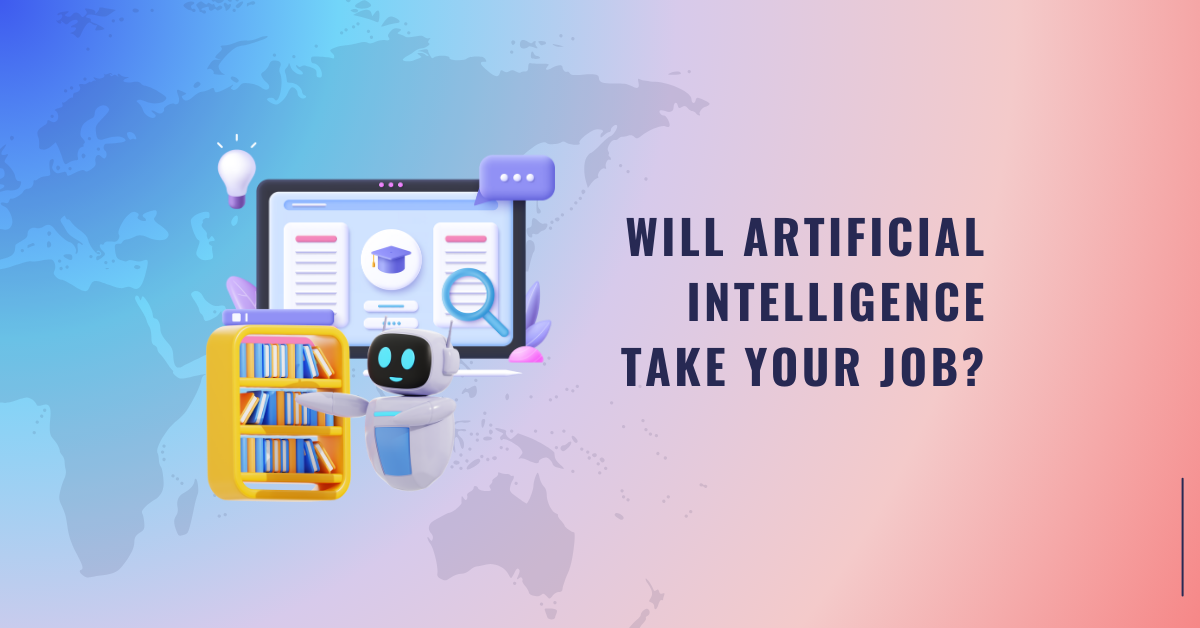
The idea that AI makes humans "lazy" is a provocative one, but the reality is far more nuanced. AI's impact on human behavior varies depending on how it is used and the mindset of the individuals using it. Let's explore the topic in depth:
- 1. Automation of Routine Tasks
AI excels at automating repetitive and mundane tasks, such as data entry, scheduling, or customer service. While this enhances efficiency, it can sometimes lead to the perception that people are no longer putting in effort or taking responsibility for these tasks. This might create an impression of laziness, especially when the automation removes the need for hands-on engagement. This situation includes sorting emails, scheduling appointments, and processing data. Automation helps businesses save time and resources, allowing workers to focus on higher-level tasks. However, when tasks become fully automated or AI takes over basic responsibilities, it may seem like people are avoiding work. This perception can grow if individuals don’t use the freed time productively.
Example: In customer support, many companies now rely on AI-powered chatbots to answer basic queries. While this frees up human agents for more complex issues, customers sometimes feel that businesses are taking a “lazy” approach by not offering personalized human interaction upfront.
2. Over-Reliance on AI for Thinking
Tools like chatbots, predictive analytics, and recommendation systems can lead to dependency. For instance, students might rely heavily on AI for assignments, skipping the intellectual engagement needed to fully understand the subject. This perception becomes stronger when tasks that traditionally required human effort are handed off entirely to AI. When people let AI do all the thinking, they appear to avoid the effort needed to evaluate, question, or refine ideas themselves.
Example: Students often use AI-powered tools like ChatGPT for essay writing or homework help. Instead of researching or writing independently, some simply copy and paste answers.
3. Convenience Culture
AI-powered technologies prioritize convenience, which may inadvertently reduce physical effort or initiative. For instance, smart home devices, voice assistants, and one-click shopping make everyday tasks easier but might foster a habit of over-reliance. Using AI for every small task might seem like people are unwilling to expend effort. Over time, this reliance can create the impression that individuals avoid engaging fully with their environment.
Example: Smart home systems like Alexa or Google Home can turn off lights, adjust the thermostat, or order groceries via voice commands. While these are time-saving features, some people might skip simple physical tasks, like getting up to turn off a light.
On the other hand, AI is a tool, not a determinant of human behavior. While it can enable laziness if misused, it also has the potential to significantly enhance human capabilities. Some people think AI makes us lazy, but it actually helps us be more productive and creative by taking care of boring, repetitive tasks. This gives us more time and energy to focus on big ideas, solve problems, and try new things. The responsibility lies with individuals and society to use AI in ways that promote growth, creativity, and well-being. Instead of asking if AI makes us lazy, a more empowering question might be: How can we use AI to become smarter, more efficient, and more innovative?
Comments (0)
Categories
Recent posts


How Artificial Intelligence Can Lead to ...
9 Dec 2024
Step by Step Guide to Create a Digital ...
4 Dec 2024
Will Artificial Intelligence Take Your ...
17 Dec 2024.png)




